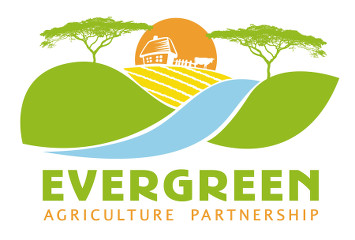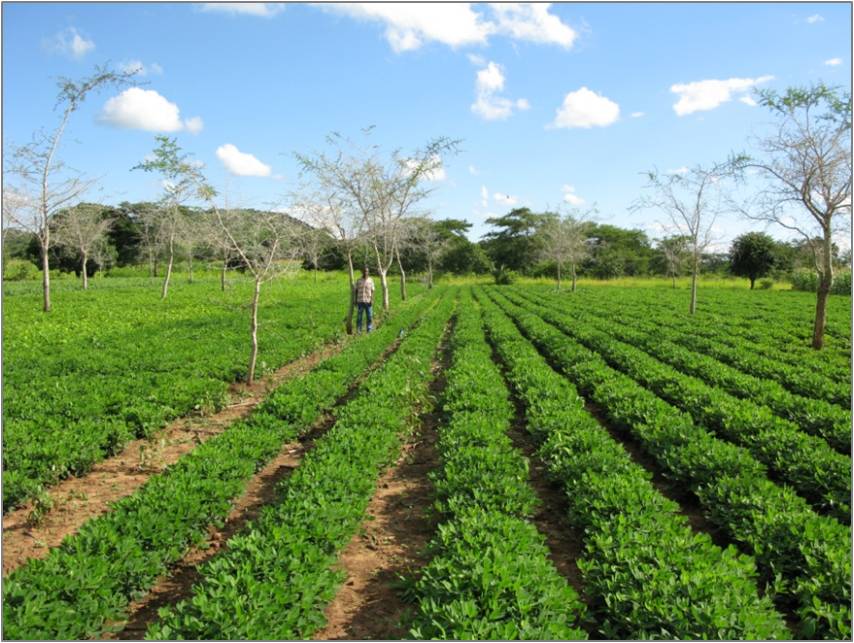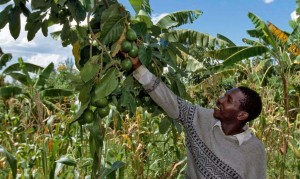A lot of us who may come from the West assume that land rights certification, registration or titling are important attributes of any kind of land tenure or property rights system. We think of formal recording of land rights as essential to assuring farmers that they have land tenure security, an important enabling condition to agricultural development.
Economic theory and common sense tell us that if a family is going to invest in their property, they need to have a clear expectation that, far into the future, the kinds of sacrifices, investments of labor, capital, materials, into that land, and the benefits that come from those investments, will accrue to them. There’s a very simple relationship between land tenure security, property rights security, and investment: Theory predicts positive outcomes, and these are often observed practice, where people have clear tenure security.
However, in many developing countries, the kind of formal certification, property rights and titling systems that we are familiar with in wealthy countries often do not exist. A lot of farmers farm on land owned by the state. In Africa particularly, a lot of farming—up to 90 percent—is done on land held under customary tenure regimes, where land rights are not certified formally. Under customary tenure, people gain access to land as a social right, granted by virtue of their membership in a community.




